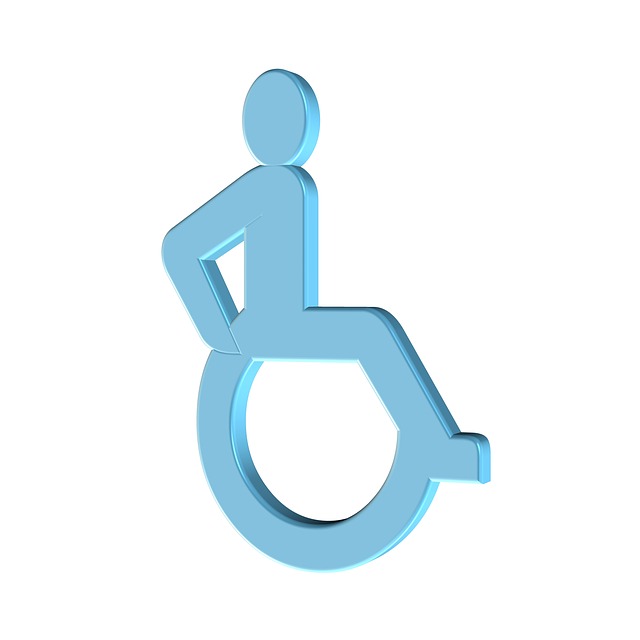Much has been written about sleep apnea and spinal cord injury in Homestead and other cities, usually in conjunction with car accidents. But the way these topics are written about is this: sleep apnea contributes to car collisions in Homestead and other communities, and in turn these crashes cause injuries such as spinal cord injuries. A new study, however, suggests that the link between sleep apnea and spinal cord injury can also be a little different: spinal cord injury can lead to sleep apnea, scientists have found.
Researchers examined 26 patients with upper mid-back and neck spinal cord injuries and found that 77% of them had problems with breathing during sleep. 92% of the patients had problems or challenges with sleeping. The study, published in the Journal of Clinical Sleep Medicine, concluded that those who have spinal cord injuries should be checked for sleep apnea and possibly other sleep disorders.
Researchers found that spinal cord injury patients suffered from central and obstructive sleep apnea. Central sleep apnea occurs when the brain does not send the right sleep-time signals to those muscles responsible for breathing, leading to breathing problems during sleep. In obstructive sleep apnea, as the name suggests, the airway is blocked or collapsed during sleep, causing snoring and breathing problems. Both conditions result in poor quality sleep, which can cause extreme fatigue, difficulties in concentration, and other health problems.

The study concluded that patients with neck injuries were more likely to have central sleep apnea when compared with patients who had upper mid-back injuries. According to the study’s lead author Dr. Abdulghani Sankari of John D. Dingell VA Medical Center, the fact that so many spinal cord injury patients showed evidence of sleep disorders is significant, as it seems that in many cases these disorders are missed.
Misdiagnosis of sleep disorders can lead to serious complications for spinal cord injury patients in Homestead and other cities. According to study co-author Dr. M. Safwan Badr of the American Academy of Sleep Medicine, sleep disorders can pose a big risk for spinal cord injury patients, possibly putting them at greater risk of heart problems and even cardiovascular death.
Lack of adequate sleep has been linked to depression, higher blood pressure, cardiac health problems, an increased risk of car accidents, and other serious health concerns. For a patient who has already suffered from a serious spinal cord injury, additional complications and risks can put them at an even increased risk of health problems and fatality, which is why Dr. Badr’s and Dr. Dingell’s suggestion of thorough evaluation for sleep disorders is a good one.
If you have suffered from a serious spinal cord injury or back injury in South Florida, you will want to seek compensation so that you have the financial resources needed for sleep apnea testing and all the treatment you need to recover as fully as possible. If you would like to know where you can turn, contact Flaxman Law Group at any time. Flaxman Law Group is a full-service Florida law firm. We would be happy to help you explore your options in a free, no obligation consultation.
 Florida Injury Lawyer Blog
Florida Injury Lawyer Blog

